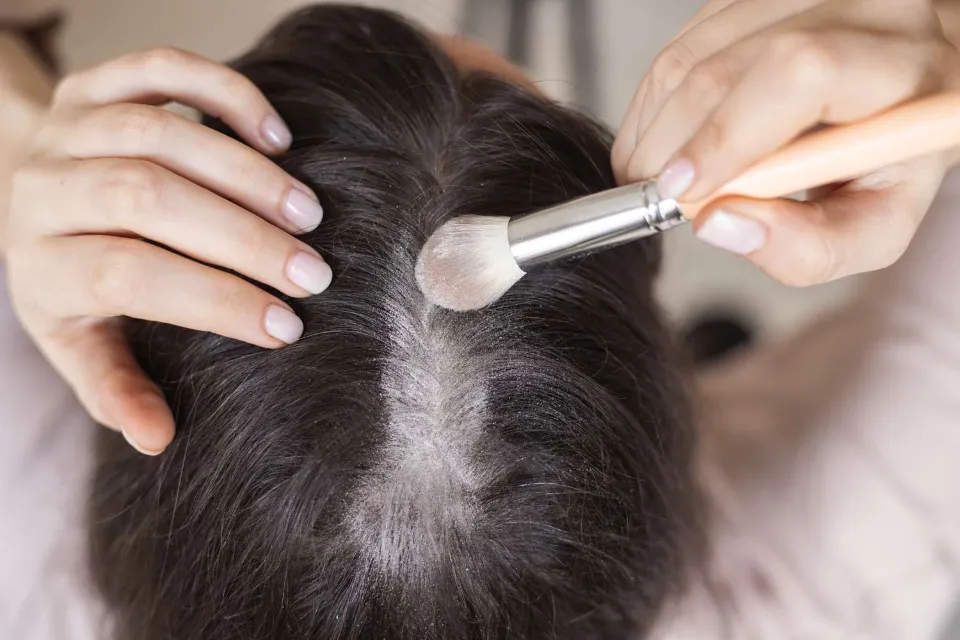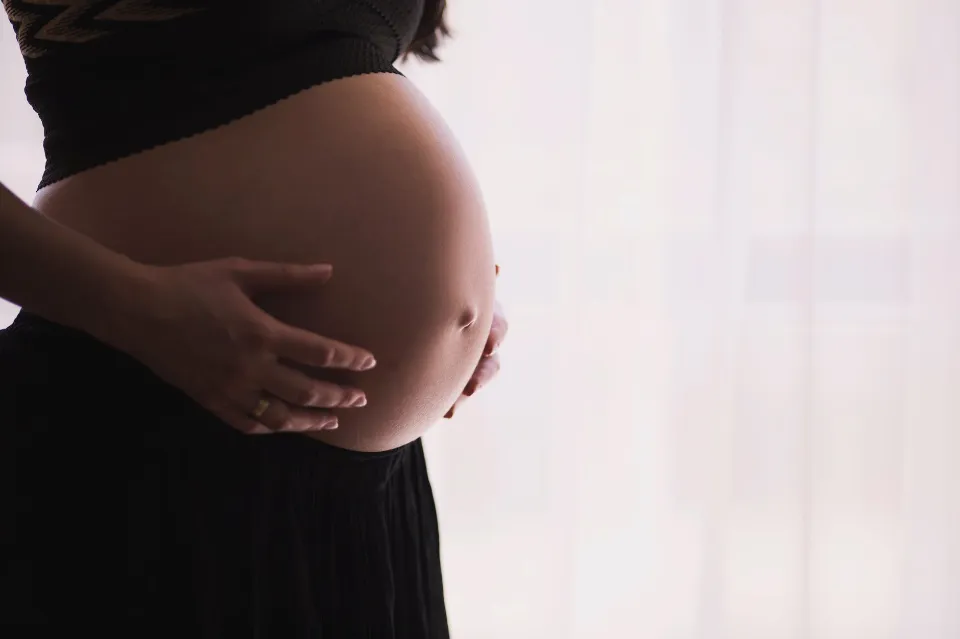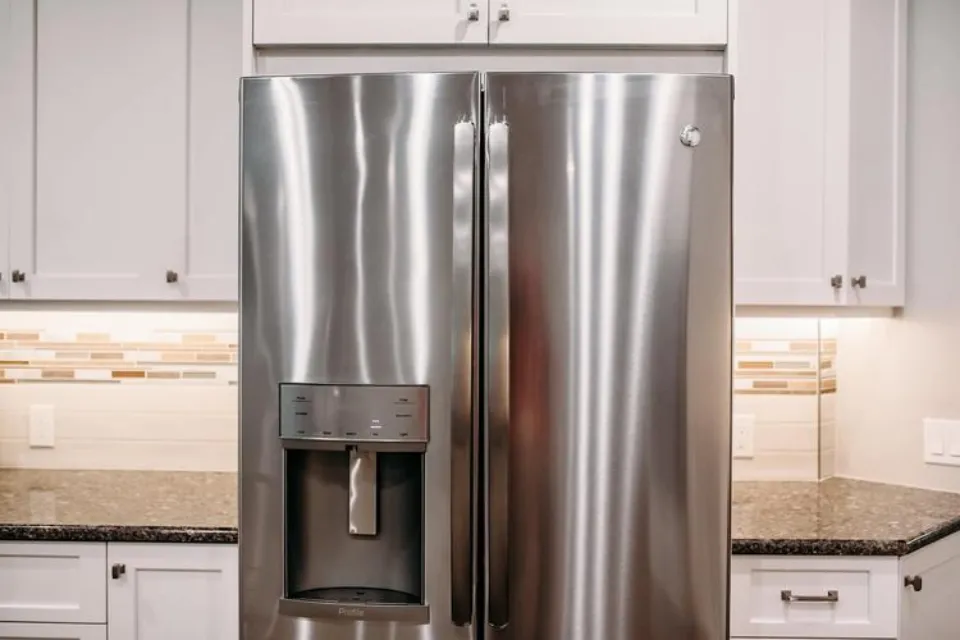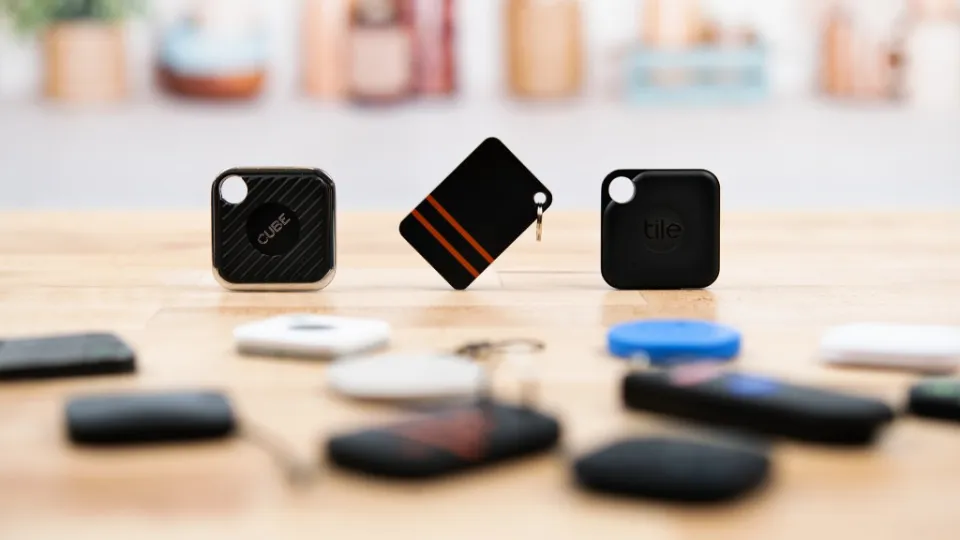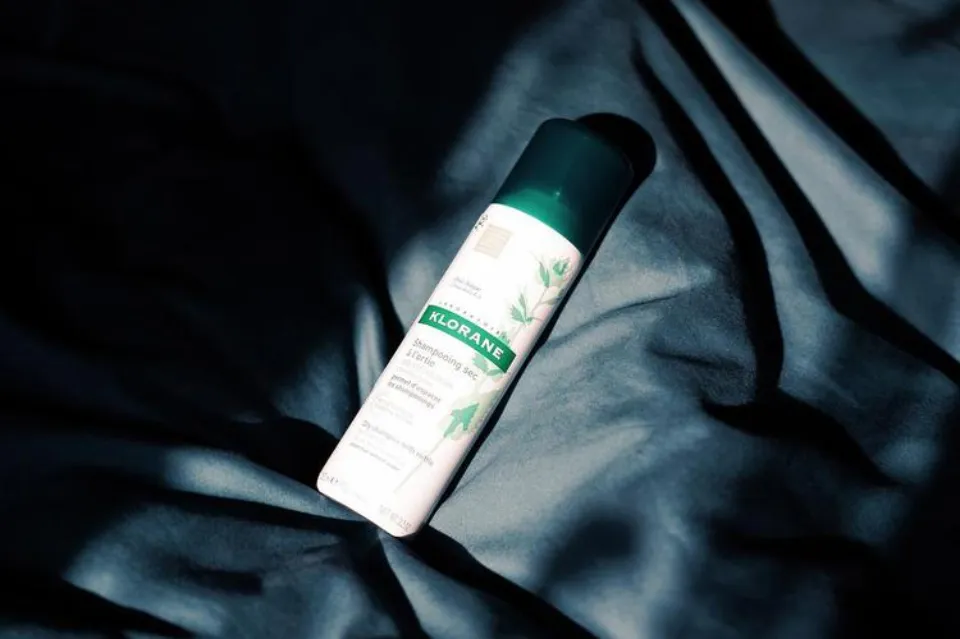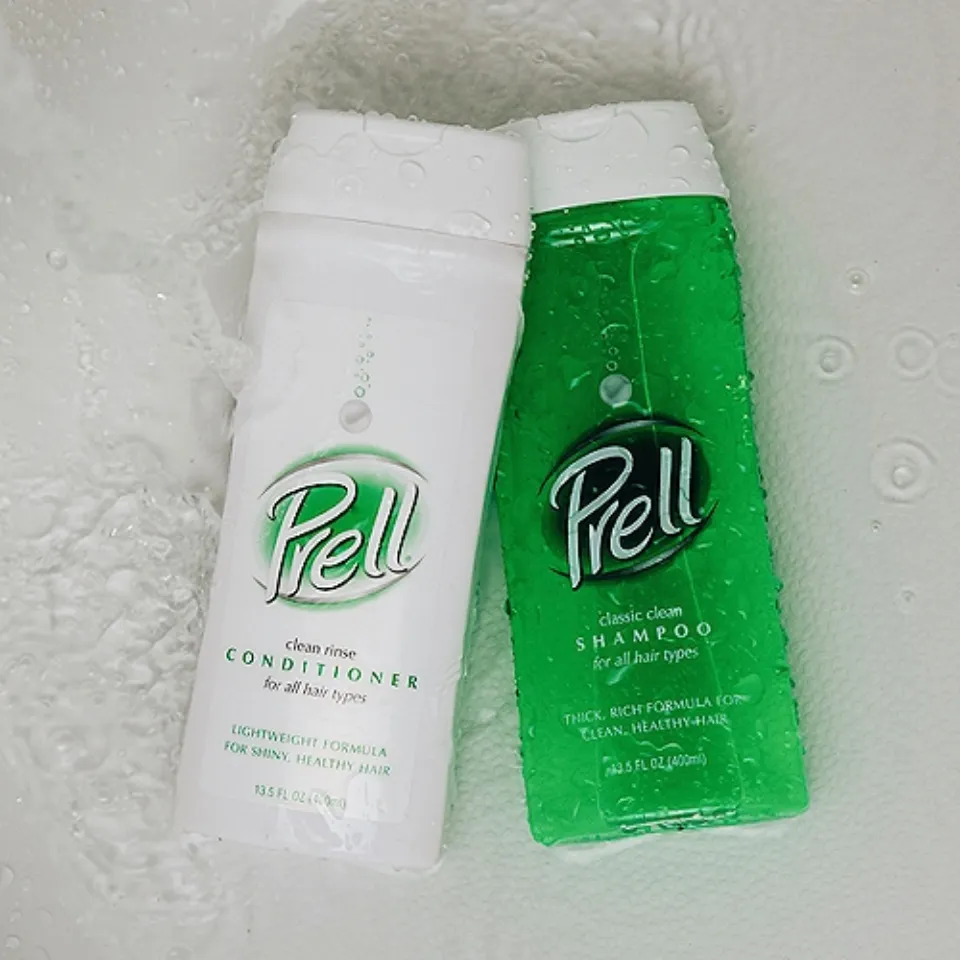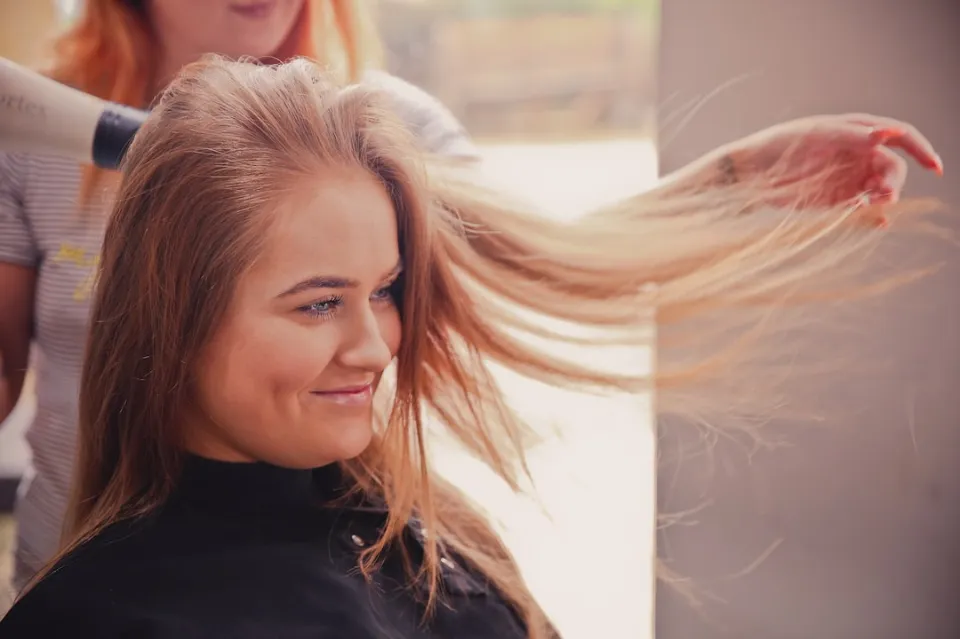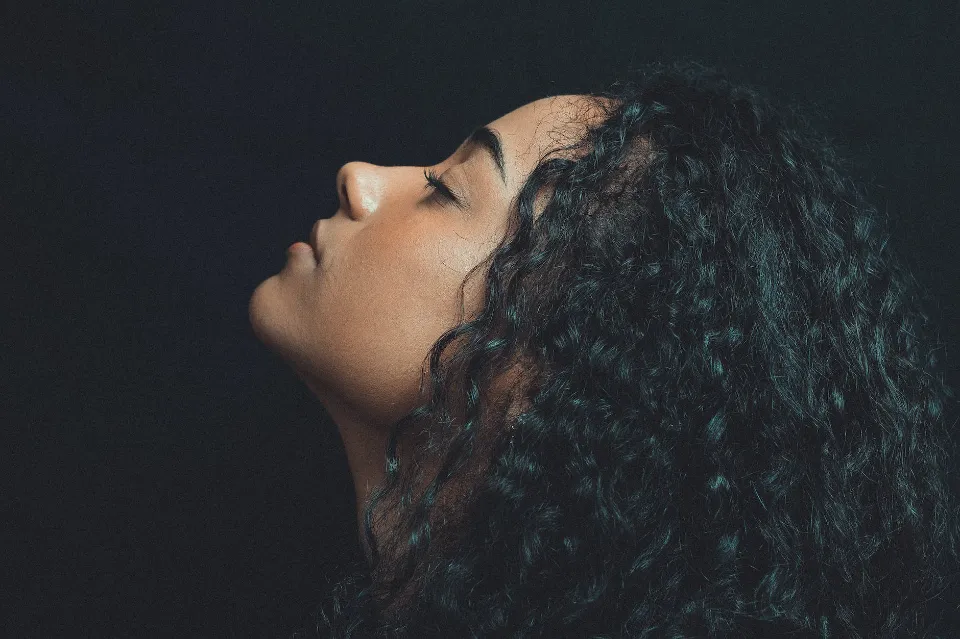Although dry shampoo does make your strands look better temporarily, it can also block the hair follicles and negatively effect your scalp over time. So, will dry shampoo harm your hair?
Too much use of dry shampoo can result in clogged follicles, hair loss, and broken hair. Additionally, as it gathers on the scalp, it can harm your hair inadvertently.
What is Dry Shampoo
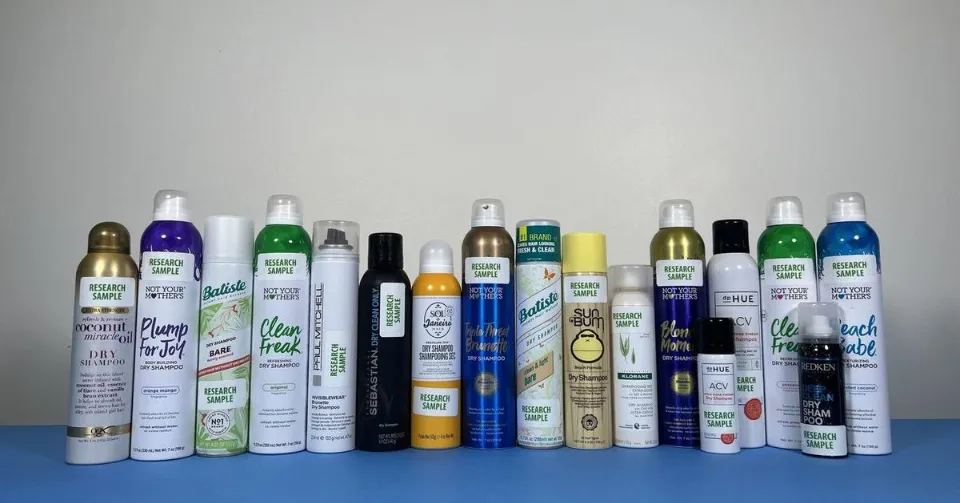
First things first: Although dry shampoo has the word “shampoo” in it, it’s not cleaning your hair. According to William Gaunitz, WTS, certified trichologist and founder of Advanced Trichology, “Its main purpose, which is not necessarily to clean the hair, is to dry up oil and give the hair stability and body.”
To achieve this, most dry shampoo brands contain ingredients like alcohol or starch (typically derived from corn or rice), which eliminate oily roots by absorbing the moisture and oil on your scalp. The majority of dry shampoos also have some sort of fragrance, which keeps your hair smelling good between washes. But dry shampoo is a leave-in product, as anyone who has ever used it is already aware. This implies that you aren’t washing or exfoliating any of the product or oil from your scalp. Dry shampoo merely masks the greasiness until your subsequent shower.
Is Dry Shampoo Bad for Your Hair?
If you’re concerned that using dry shampoo may cause hair thinning or loss, think about how frequently you use the product. According to Gretchen Friese, a certified trichologist for Bosley MD, “It’s not a bad thing to use dry shampoo. However, if the scalp and hair aren’t sufficiently cleaned and maintained, product and debris buildup may occur, which may result in hair loss.” The ingredients that make dry shampoo so effective at absorbing oil are essentially the same ones that remain on the scalp. If you have too much of that, it can clog your hair follicles and even cause folliculitis, a bacterial infection that occurs inside the hair follicle. As a result, Friese advises against using dry shampoo more than twice in a row, particularly if you are concerned about hair thinning.
Why Does Dry Shampoos Damage Your Hair?
Let’s make one thing clear: We’re not saying that dry shampoos are categorically bad or harmful. Problems can arise when they are used excessively, left on the scalp for an extended period of time, or are not thoroughly removed.
You Might Be Tempted to Skip Wash Days
The whole idea behind dry shampoo is that it absorbs extra oil from the scalp, which is particularly alluring when you want to go longer between shampoos. However, just like the skin on our face and body, our scalp also needs to be cleaned of dead skin cells, oils, and product buildup on a regular basis. Because dry shampoo only absorbs oil on the surface of the scalp, it should not be considered a substitute for actual washing.
“You need to remember that dry shampoo does not truly cleanse the hair, it is only absorbing the excess oils from the hair and scalp,” explains New York City hairstylist Vickie Vidov “If the scalp isn’t thoroughly cleaned and the buildup of residue isn’t eliminated, pores will eventually become clogged.”
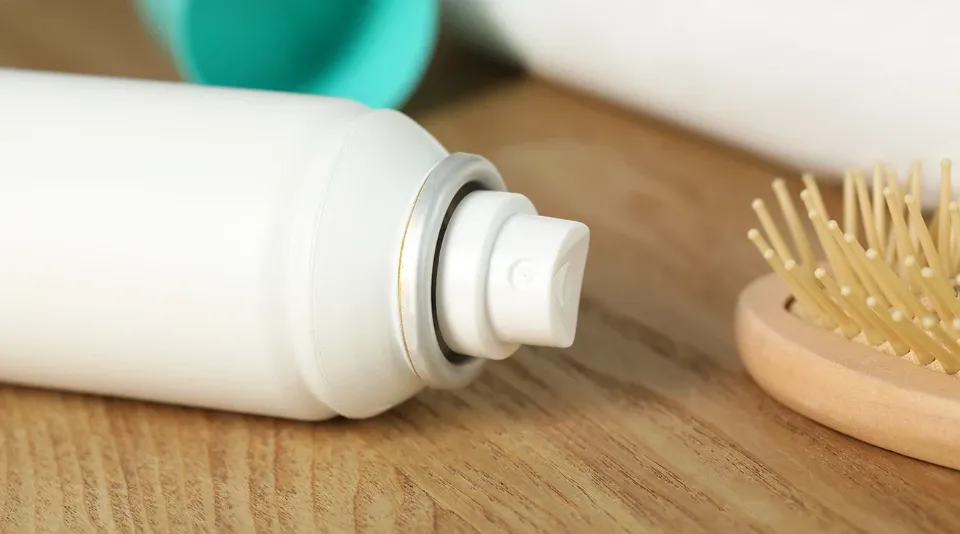
It Can Cause Buildup and Clogged Pores
As we all know, blocked pores are undesirable. In relation to the scalp, “when we have too much buildup, be it from dry shampoo or natural oils built up over a few days, the follicle opening (where each strand of hair grows out of) will become clogged and suffocated,” Reslan explains. Not only will this lead to general irritation, including redness, itchiness, and maybe even some pain, but “exposing your follicle to this environment frequently can affect your hair growth and possibly damage your actual follicle, leading to hair thinning over time.”
Attempting to mask dirt, oil, and pollution with a dry shampoo only adds more grime to your scalp and hair. Because like attracts like, using dry shampoo will only add to the buildup already present on your scalp. Over time, this exacerbates another already problematic quality of dry shampoo: It’s really difficult to truly slough off.
They Can Be Hard to Wash Off
“The problem with dry shampoo isn’t [only] with the oil-absorbing power that it has; the issue lies with the fact that dry shampoo becomes difficult to sufficiently wash out of your hair,” Reslan says. “The removal of dry shampoo is improved by using more abrasive cleansing shampoos or scalp scrubs, but even then, using such products too frequently has its own negative effects, such as overcleaning the hair and drying out or irritating the scalp.”
Benefits of Dry Shampoo
Why is dry shampoo so widely used given the list of potential disadvantages? The quick answer is that it reduces how frequently you have to wash your hair.
Dry shampoo can save you time for some people. You can get from your workout to work without washing, drying, and styling your hair by taking a few quick shots at the temple and crown.
Some people can wet-wash their hair less frequently thanks to dry shampoo. Some stylists and dermatologists advise against daily hair washing.
This is particularly the case if you have hair that needs more moisture, such as type 3 or 4 curls and coils, or if you’ve gone through menopause and your hair is less oily.
In these situations, dry shampoo assists in extending the time between washes while maintaining cleaner-looking hair.
How to Use Dry Shampoo
To avoid harm to your hair and buildup on your scalp, use dry shampoo properly. Just enough spray will do; hold the bottle 6 inches or so from your head. When you’re finished spraying, massage your scalp or run your fingers through your hair to ensure that the dry shampoo is distributed evenly and is not visible.
It should only be used twice in a row, according to experts. In order to prevent scalp and hair damage, they also advise using it for no longer than three months at a time.
There are numerous varieties of dry shampoo. Some increase your hair’s volume. Some claim to cover undyed roots, while others are for extremely oily hair. Find the product that works best for you by trying a few different ones first. The dry shampoo may temporarily change the color of your hair if you choose the wrong shade. For example, if you have blonde hair but pick a dry shampoo for brunettes, you may have dark spots in your hair.
Conclusion
Remember that your hair still needs to be regularly washed with conventional shampoo and water to remove buildup and bacteria whether you use a commercially available dry shampoo or make your own at home. You might want that expensive blowout to last an extra couple of days, but definitely not at the expense of your scalp and strands.
FAQs
Is It Better to Use Dry Shampoo Or Wash Your Hair?
Washing Hair. Experts say dry shampoo is great once in a while, but it shouldn’t be a full-time substitute for washing your hair with water. You can think of dry shampoo as more of a hair freshener than a hair cleaner. It does nothing to clean your scalp, which collects dirt.
How Often Should You Use Dry Shampoo?
Don’t utilize it daily. This weakens the hair’s structure and may cause hair loss as well as skin conditions like infections, dermatitis, and acne. Give your scalp a chance to breathe in between washes instead; our experts advise using dry shampoo just once or twice per week.
Does Not Washing Hair Make It Healthier?
You might think it won’t hurt, but washing your hair regularly is incredibly important for the health of your hair and scalp.

